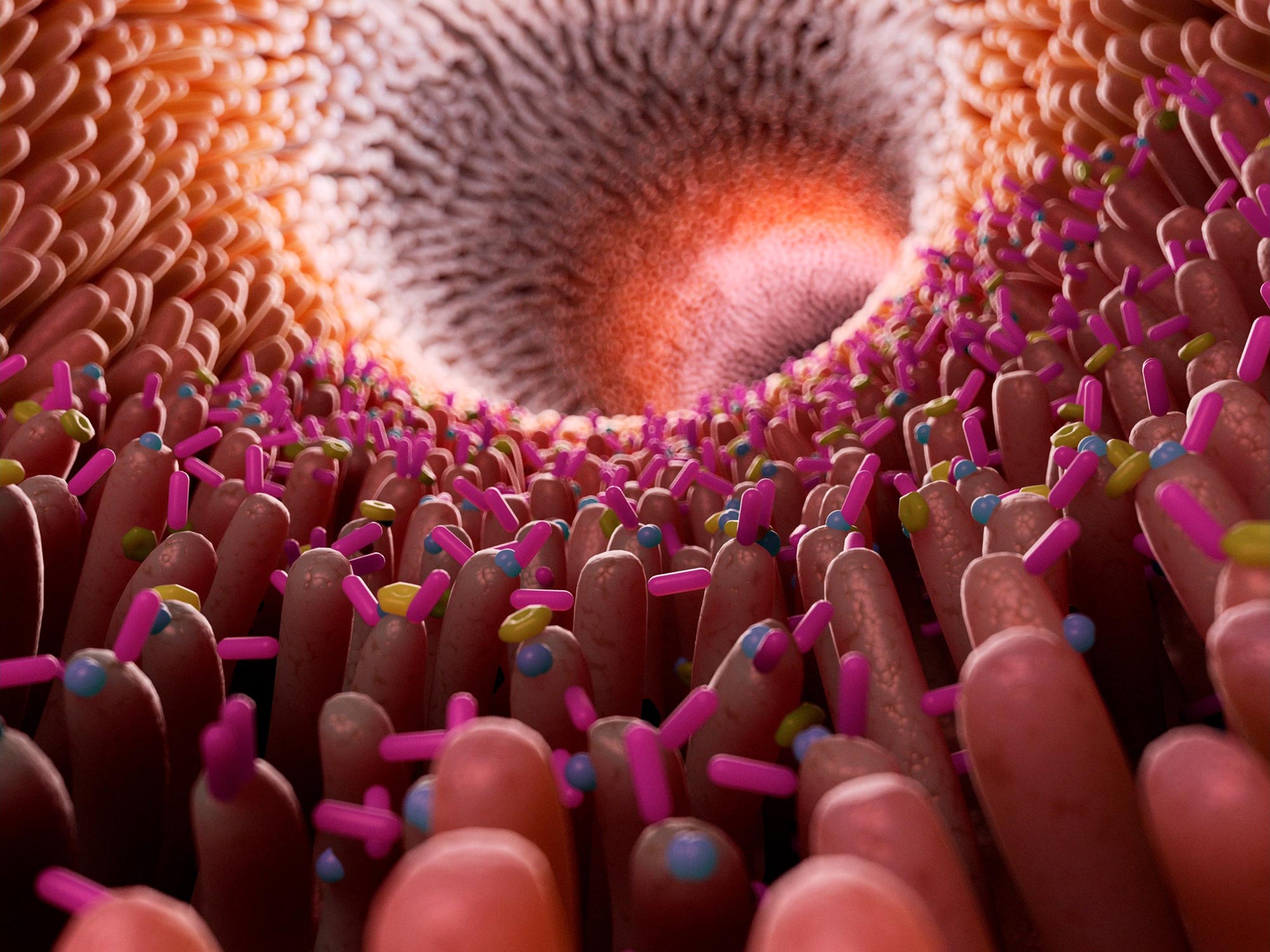A global study involving over 50,000 participants links the presence of gut Blastocystis, traditionally seen as a parasite, with improved cardiovascular health and reduced body fat, suggesting beneficial effects on cardiometabolic health. Further research is required to validate these findings.
Research indicates elevated levels of Blastocystis in the intestines of individuals with improved cardiometabolic health and healthier dietary habits.
An international study, led by researchers from Massachusetts General Hospital (MGH), analyzed over 50,000 people globally and found that individuals carrying gut Blastocystis—a single-celled entity often considered either a parasite or a benign organism in the digestive system—were associated with signs of better cardiovascular health and reduced body fat. The findings were published in the journal Cell.
“Blastocystis’ effects on health and disease are controversial and likely context-dependent, but our research suggests that it may play a beneficial role in how diet impacts human health and disease,” said co-lead author Long H. Nguyen, MD, MS, a physician investigator in the Clinical and Translational Epidemiology Unit and Division of Gastroenterology at MGH, and an assistant professor of Medicine at Harvard Medical School. “At the very least, its ubiquity may suggest a non-pathogenic role.”
Nguyen, who is also a Chen Institute Department of Medicine Transformative Scholar at MGH, and colleagues sought to establish the relationship between gut Blastocystis, nutrition, and subsequent cardiometabolic health outcomes, including overweight/obesity, type 2 diabetes, and DOI: 10.1016/j.cell.2024.06.018
This work was supported by Zoe Ltd. and TwinsUK which is funded by the Wellcome Trust, Medical Research Council, Versus Arthritis, European Union Horizon 2020, Chronic Disease Research Foundation (CDRF), the National Institute for Health Research (NIHR) Clinical Research Network (CRN) and Biomedical Research Centre based at Guy’s and St Thomas’ NHS Foundation Trust in partnership with King’s College London. Additional funding information available in the publication.












/https://tf-cmsv2-smithsonianmag-media.s3.amazonaws.com/filer_public/34/31/3431771d-41e2-4f97-aed2-c5f1df5295da/gettyimages-1441066266_web.jpg)







Discussion about this post